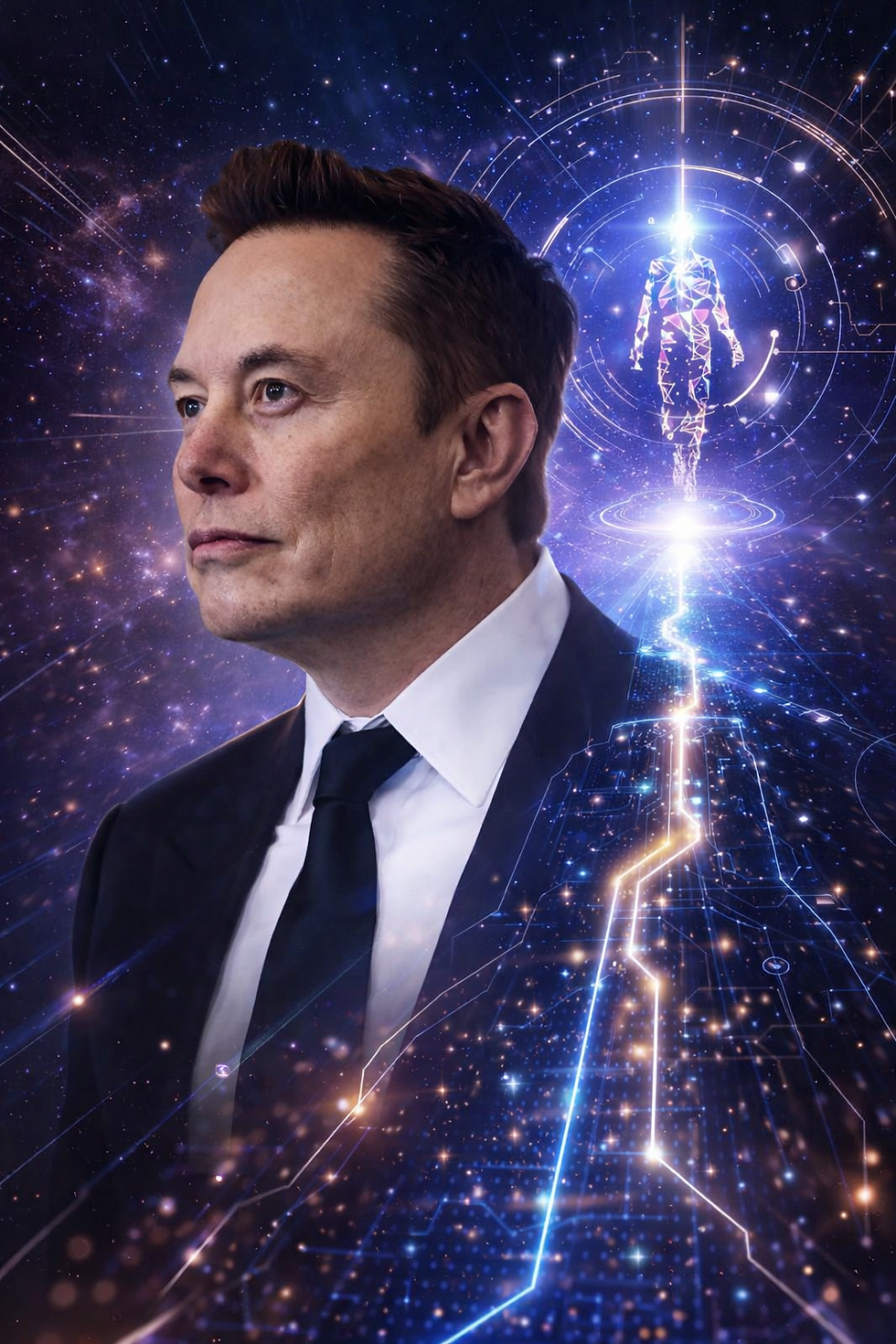Steam and Shadows: The Sauna, the Song, and the Symbolic Echoes of Eurovision 2025
- Gavriel Wayenberg
- May 18, 2025
- 3 min read
Updated: Sep 2, 2025
By François גבריאל Wayenberg - (Edit: corrected version)
Eurovision is no longer just a music competition—it has become a cultural barometer, a stage where aesthetics, identity, history, and power all intersect in flamboyant yet politically resonant ways. The 2025 final, which saw Israel’s entry win the public vote only to be overtaken in the final jury tally by Austria’s performance, is more than a loss—it is a symbolic moment worth pausing on.

Source: Visual interpretation by GPT4o of the result of the EuroVision competition.
A Sauna, a Smile—and a Symbolic Inversion?
While it was Sweden’s jovial, sauna-themed entry “Bara Bada Bastu” that caught the eye with its carefree charm and viral aesthetic, it was Austria who ultimately claimed the trophy. And here, symbolism steps in.
Austria—birthplace of Adolf Hitler—overtakes Israel, a nation forged as a haven after the Shoah. That Israel’s representative, who bravely sang through boos and jeers, was publicly validated by the viewers across Europe yet denied the trophy by jury panels is a stark and unsettling inversion.
Eurovision may forbid overt political messages, but the subtext is often louder than lyrics. That a light-hearted aesthetic—in the broader context of the evening—wins over a performance tied to resilience and presence from Israel, amid global polarization, reflects a deeper moral tension.
Public Will vs. Institutional Judgment
The discrepancy between the public vote and jury decision echoes broader questions of representation and bias. This isn’t the first time Israel has faced audience hostility in Europe—2025 merely cast it in neon. The fact that the European public stood with the Israeli artist while institutional votes favored another country again highlights a fracture in Europe’s conscience.
It also raises a provocative question: Is there a growing impulse to distract from history by celebrating the carefree over the confronting?
What We Must Not Do
We must not lash out or respond in bitterness. Nor should we spiral into conspiracy or victimhood. The result is painful, yes—but it is also revealing. It proves our voices are strong enough to win the hearts of the public. It proves that art, when truthful, strikes chords deeper than any marketing gimmick or camp flourish.
We must not be afraid to call symbolic violence by its name—but we must also remember that symbolic victories matter. Israel won the public vote. That means something. It means millions across Europe and the world chose empathy over erasure, strength over show.
What We Must Do
Reclaim the Narrative: Let us not cede the story to those who laughed. We tell the story. We own the emotion, the message, the art.
Honor the Artist: The Israeli performer stood on stage in the face of jeering and emerged as a global voice. That is worth more than a trophy.
Build Alliances: Let this moment strengthen the connection between cultural creators and social researchers, artists and analysts. ISPCR will continue to act as a platform where artistic expression meets historical literacy and moral clarity.
Call Out Sanitization: A sauna is not just a sauna—not when it symbolically overshadows survival. Let’s be awake to that.
Celebrate the Public: The audience stood with us. That should renew our hope, not break it.
A Closing Thought
In 1936, Germany hosted the Olympics to whitewash its brutality with aesthetics. Today, Europe often uses culture the same way—to soften the sharp edges of memory. But memory is not so easily silenced.
Let this Eurovision not be remembered as a loss, but as a moment where symbolism cracked open the floorboards. And we listened.
Let it be the year that reminded us: even in the sauna, history still sweats.



Comments